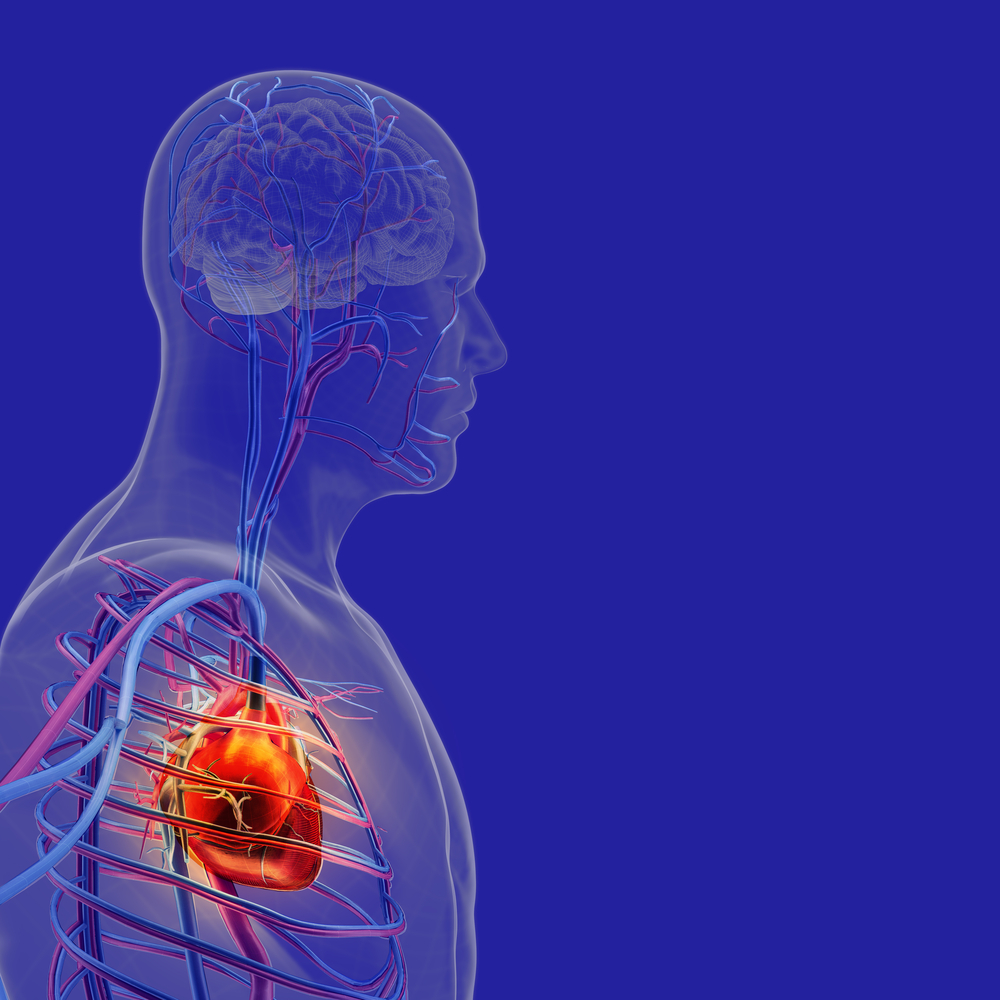What to Expect from an Electrocardiogram for Cold Agglutinin Disease
Written by |

Cold agglutinin disease (CAD) is a rare autoimmune disease in which the immune system mistakenly attacks red blood cells under cold conditions, causing them to burst.
Patients may require regular electrocardiograms because CAD can cause heart problems.
What is an electrocardiogram?
An electrocardiogram (ECG) records the electrical signals in your heart as it beats. An ECG can be performed in a doctor’s office or clinic but an electrocardiograph is also common equipment in ambulances.
The test is performed by placing about 10 electrodes on the skin over the heart, and occasionally on the limbs. The electrodes detect the electrical impulses produced by the heart as it beats, and the machine records this information as a graph or trace that your physician can use to see your heart’s activity.
Placing of the electrodes can take 20 minutes, but the ECG reading takes a few seconds.
How to prepare for an ECG?
No special preparations are required for a normal ECG. If your doctor wants to monitor you during exercise, wear appropriate exercise clothes.
What happens after the ECG?
An ECG is safe, with no risk of receiving an electric shock from the machine as the electrodes only detect the electrical signal from your heart.
You may experience mild discomfort while the sticky electrode patches are removed from your skin — it’s a similar sensation to removing an adhesive bandage.
Following the procedure, your doctor will meet with you to discuss the results, and decide whether you will need any additional tests or medication.
Last updated: Oct. 7, 2019
***
Cold Agglutinin Disease News is strictly a news and information website about the disease. It does not provide medical advice, diagnosis, or treatment. This content is not intended to be a substitute for professional medical advice, diagnosis, or treatment. Always seek the advice of your physician or other qualified healthcare providers with any questions you may have regarding a medical condition. Never disregard professional medical advice or delay in seeking it because of something you have read on this website.





